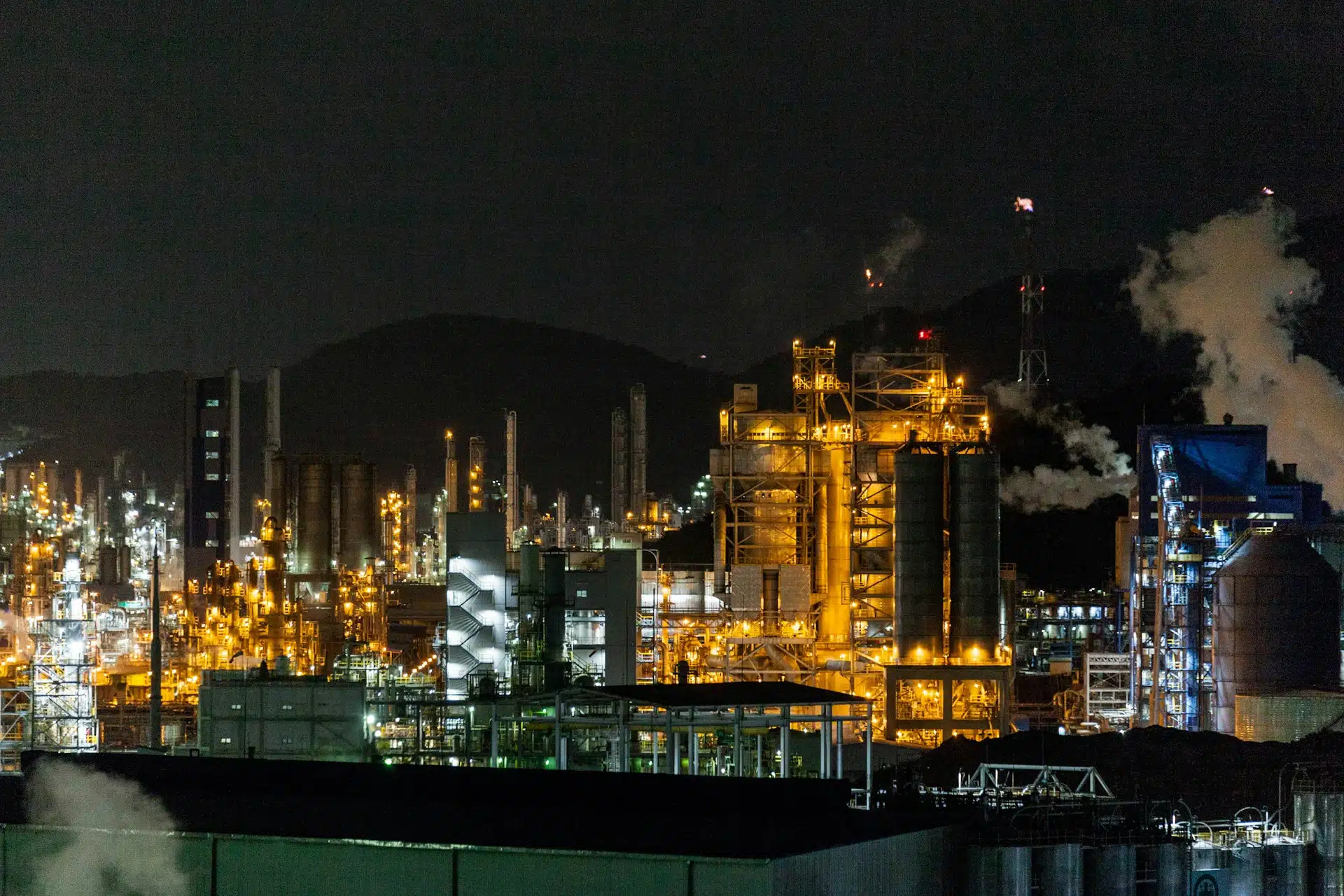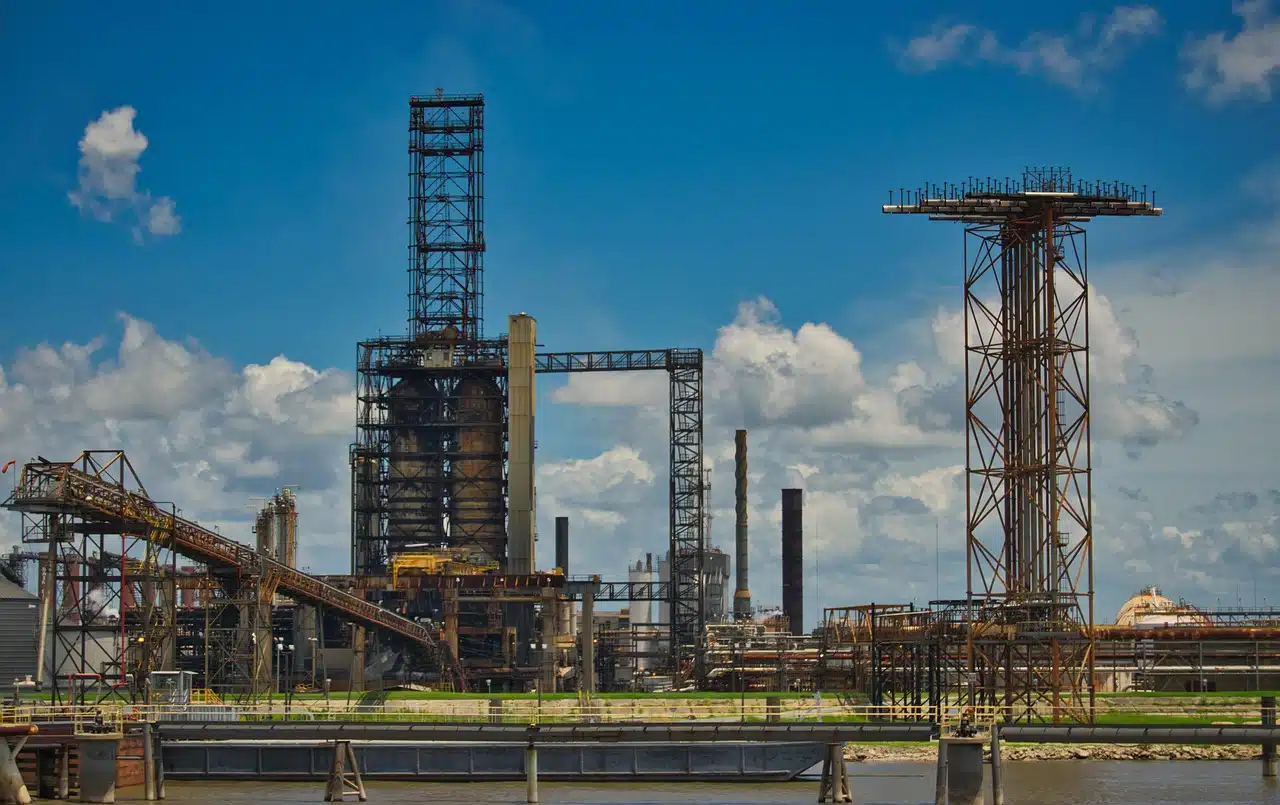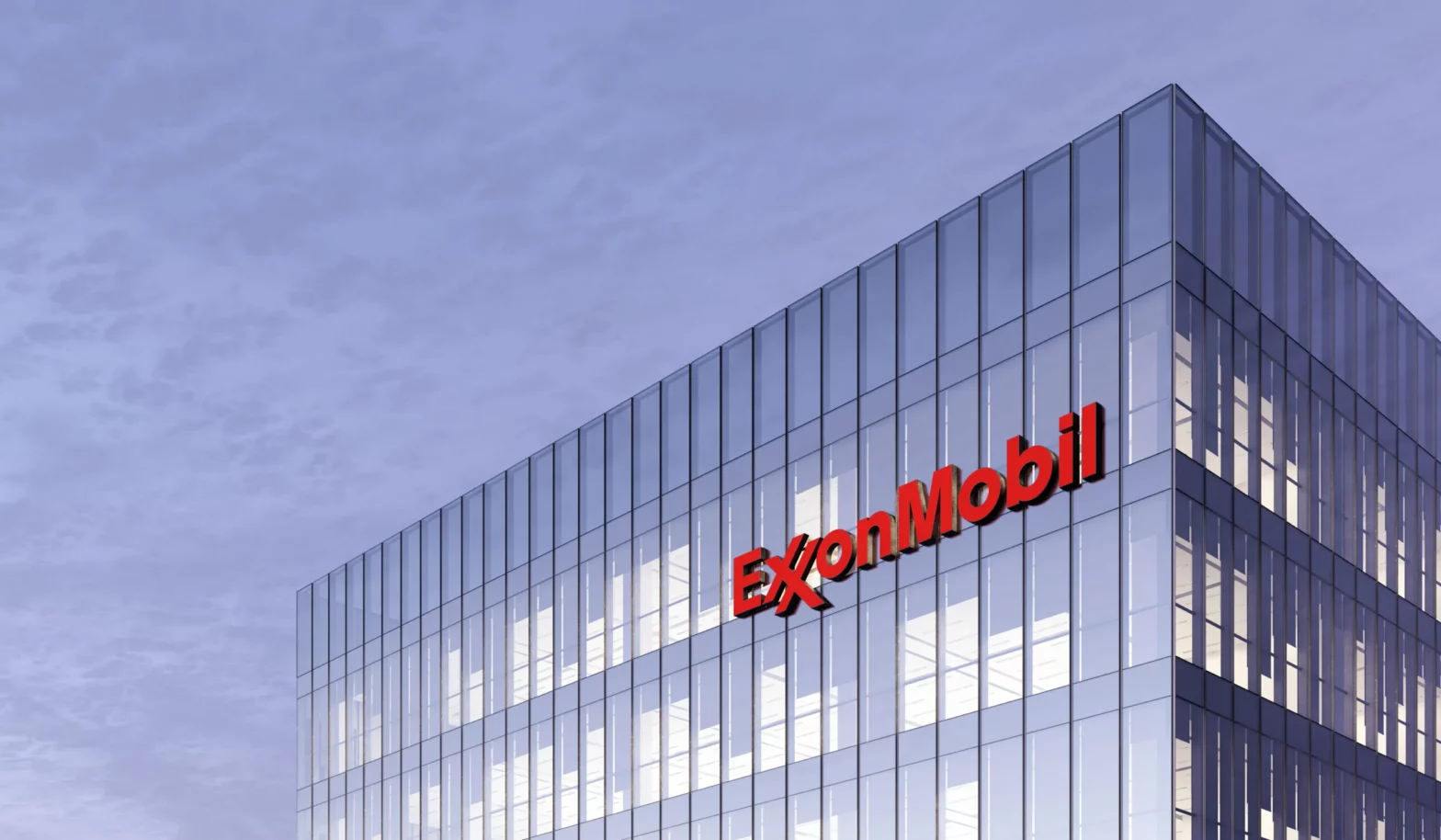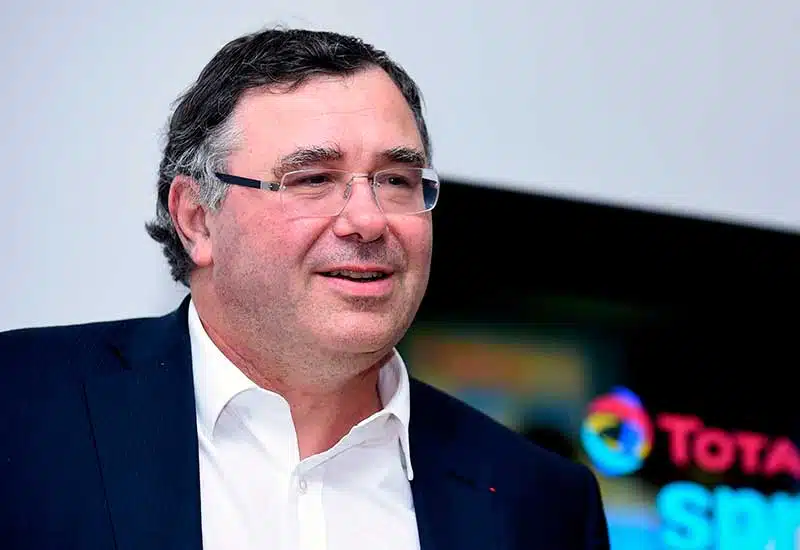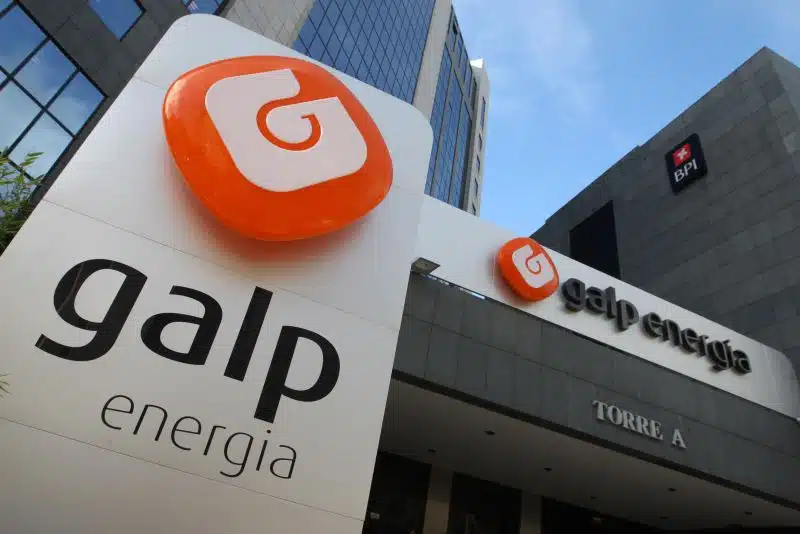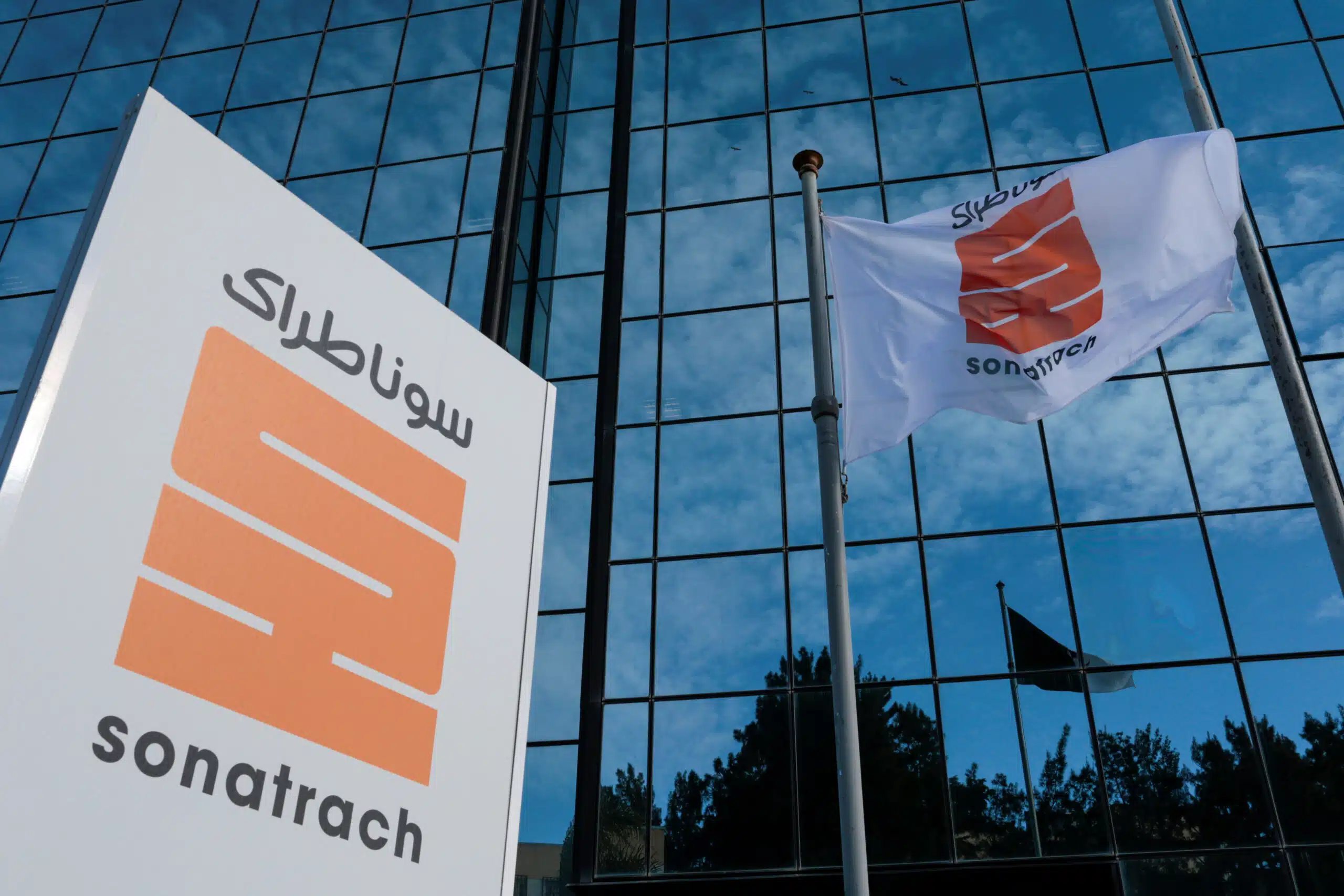Between 2024 up till date, at least five major international oil and gas companies (known as Big Oil) have divested from Nigeria’s onshore and shallow water oil assets.
But while that may sound like a massive energy retreat for Africa’s top oil and gas producer, the exodus is not limited to Nigeria alone.
Other oil-rich countries like Kenya, Gabon, and South Africa, have also got their own stories to tell.
They have also witnessed divestment in their oil sector in recent times.
However, the massive exit of Big Oil from Nigeria’s onshore seems to be the loudest because of its enviable position as the continent’s arguable fossil energy leader.
In recent months, however, Big Oil members like ExxonMobil, Shell, TotalEnergies, Eni, and Equinor, have retreated from onshore and shallow water operations to focus on their offshore assets in Nigeria’s continental shelf.
They are doubling down on their deepwater projects, pumping billions of dollars into these assets.
To them, it’s time to leave troubled landed territories and bet big on Nigeria’s vast yet largely untapped deepwater oil and gas resources after years of enduring security threats, oil theft, and community unrest in the country’s oil-rich Niger Delta.
The Nigerian government approved five landmark presidential directives and fiscal incentives in 2024 alone.
Big Oil who sold or left Nigeria’s onshore assets
In late 2024, ExxonMobil, one of the world’s largest oil and gas companies, sold its Nigerian onshore assets to Seplat Energy for $1.28 billion.
The American oil giant farmed out of several assets including 11 onshore oil blocks, 48 fields, three export terminals, and five gas processing facilities. The firm has many offshore projects it is now concentrating on.
In March 2025, Shell completed the sale of its entire onshore subsidiary, Shell Petroleum Development Company of Nigeria Limited (SPDC), to Renaissance Group for $2.4 billion.
That deal ended the firm’s nearly 100 years of operations in Nigeria’s onshore, leaving it to focus on its gas and deepwater interests, like the Bonga North project.
In July 2024, TotalEnergies completed the sale of its remaining 10% stake in SPDC joint venture to Chappal Energies for $860 million. The JV covers 18 oil mining leases and gas-producing fields across the Niger Delta region.
TotalEnergies’ CEO, Patrick Pouyanné, told Reuters that the decision to divest was driven by the company’s strategic shift to optimize its portfolio and exit high-risk onshore operations that no longer meet its health, security, and environmental standards.
The firm has many offshore oil and gas projects and liquefied natural gas (LNG) developments that it is now focusing on.
In August 2024, Italian energy giant Eni sold 100% of its stake in Nigerian Agip Oil Company Ltd. to Oando for $783 million.
The transaction covered Eni’s interests in four onshore blocks and included 12 production stations, over 1,400 km of pipelines, three gas processing plants, and the Brass River Oil Terminal, among other critical assets.
Why offshore is the new frontier
The shift by several major oil companies from onshore to offshore operations is strategic.
While it seems like a survival skill for these oil companies, it is a move towards a revival in Nigeria’s oil sector. One the country has long yearned for in the past.
Offshore fields offer a cleaner, safer environment for operations. It’s easier to monitor pipelines, avoid sabotage, and makes it easy to comply with global ESG demands.
Shell says it is prioritizing deepwater fields because operational risks are significantly lower and returns remain strong amid a volatile global oil market.
Ronald Adams, Managing Director of SNEPCo, noted that Nigeria’s deepwater reserves are among the most promising globally, not just for oil, but also for gas fields that support cleaner energy solutions, power domestic needs, and help reduce global emissions.
Report shows the value of Nigeria’s offshore oil and gas production market to grow from $34.18 billion in 2023 to $47.03 billion by 2031, with a CAGR of over 4% annually.
The offshore oil industry is a major contributor to Nigeria’s economy and global energy supply.
A total of 83 blocks have been mapped in Nigeria’s deep waters, 30 of which have so far been awarded. Eight of the blocks were awarded in 1993, eight in 2000 and the other 14 in 2015.
As of 2019, Nigeria’s deep water terrain was estimated to hold some 13 billion barrels of oil equivalent. The terrain contributed 850,000 barrels per day or 40.47% of Nigeria’s total output of 2.1 million barrels per day at the time.
Deepwater-producing fields in Nigeria include Akpo, Usan and Egina, Bonga, Ehra, Agbami, Aje, Owowo, Bisi, Uge, etc.
Deepwater holds the key to boosting Nigeria’s production and government revenues.
With the bulk of new investments now concentrated offshore, industry analysts forecast that production could rebound to 2 million barrels per day within the next three years.
Billions pouring into Nigeria’s offshore
Most of the upstream capital investment or CAPEX made by Big Oil into Nigeria’s oil and gas sector in recent times is directed towards developments.
Nigeria accounted for three out of the four Final Investment Decisions (FIDs) that came into Africa’s oil and gas industry in 2024. The remainder went to Angola.
In late 2023, the French major said it would invest up to $6 billion, targeting deep-water projects in Nigeria over the coming years.
In late 2024, Shell announced a $5 billion FID in Bonga North, one of Nigeria’s key deepwater fields, further cementing the country’s standing as a favourable investment hub.
The French giant says Nigeria is one of its top five global production hubs and plans to invest an additional $6 billion to expand its deepwater footprint.
ExxonMobil, which presently operates 5 deepwater blocks in Nigeria also ramped up their offshore presence in the country.
In early 2024, the firm unveiled a $10 billion investment plan for its Nigerian deepwater oil operations over the next few years.
In May 2025, it announced plans to invest $1.5 billion between Q2 2025 and 2027 to revive deepwater oil operations at the Usan offshore field.
ExxonMobil Nigeria Managing Director Shane Harris said the Usan project is just one of several planned deepwater investments.
Others include the Owowo, Bisi, Uge, and Erha fields–projects that could collectively add more than 300,000 barrels per day to Nigeria’s offshore capacity in the coming years.
Chevron has interests ranging from 20% to 100% in three operated and six non-operated deepwater blocks in Nigeria.
The firm’s interests span Agbami, Nsiko, and Usan offshore fields as well as the Meji shallow-water project.
Big boots for local firms
The exit of major oil companies from onshore Nigeria has provided several indigenous or local energy companies the opportunity to rise to the occasion.
These companies include Seplat Energy, Oando, Heirs Energies, Chappal Energies, and Renaissance Group.
Seplat’s acquisition of critical onshore and shallow water assets formerly belonging to ExxonMobil has boosted the firm’s operational performance.
The firm’s Q1 2025 financial results show its crude oil and condensate production has doubled when compared to Q4 2024.
Oando also capitalised on its acquisition of Eni’s Nigerian subsidiary to double its participating interests in several oil mining leases.
The firm has increased its total reserves estimate by 98%, from 505.6 million barrels of oil equivalent in 2022 to over 1 billion barrels in 2024.
It now aims to scale up its production to 100,000 bpd by 2029.
On its part, Heirs Energies has made significant strides since acquiring OML 17 in 2021. The company now manages about 5% of Nigeria’s oil production, having increased output from 27,000 bpd to 52,000 bpd within 100 days of taking over operations.
In addition, Renaissance Group acquired Shell’s SPDC and now operates the latter’s several onshore assets in the Niger Delta.
Nigeria’s oil future lies beneath the sea
Nigeria’s offshore oil sector is entering a new phase of growth, with renewed investor confidence after years of decline.
With global oil demand projected to remain strong through 2030, the billions pouring into Nigeria’s deepwater frontier could help stabilize Africa’s largest oil producer.
However, Wood Mackenzie cautioned that global upstream sector spending must increase by 30% to meet the stronger oil and gas demand driven by a delayed energy transition.
Increased investment in Nigeria’s offshore oil sector has positive long-term implications for the country’s energy strategy and economic stability.
A report by Rystad says Nigeria is on track to lead Africa in natural gas production growth through 2030, with several major liquefied natural gas (LNG) projects scheduled to come online.
However, there is a need for the government to maintain stable and transparent regulatory frameworks, already espoused in the PIA as this will reduce investor risk and prove government commitment to long-term growth.

